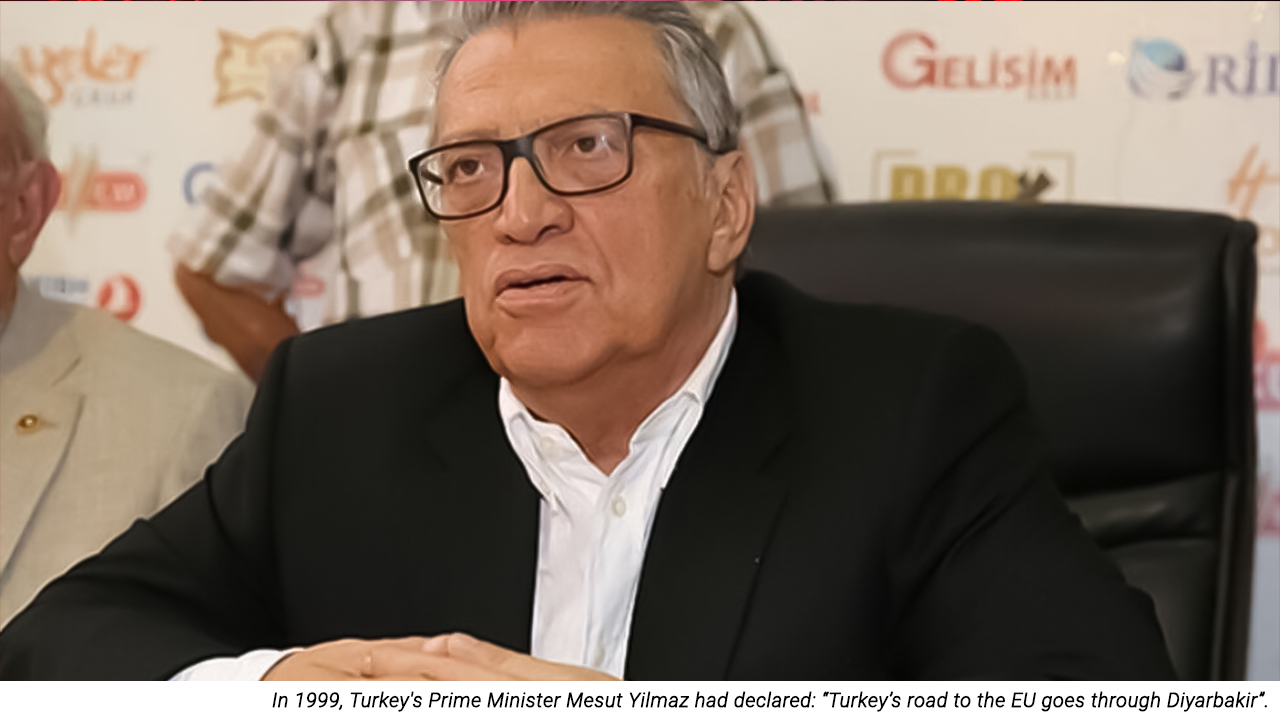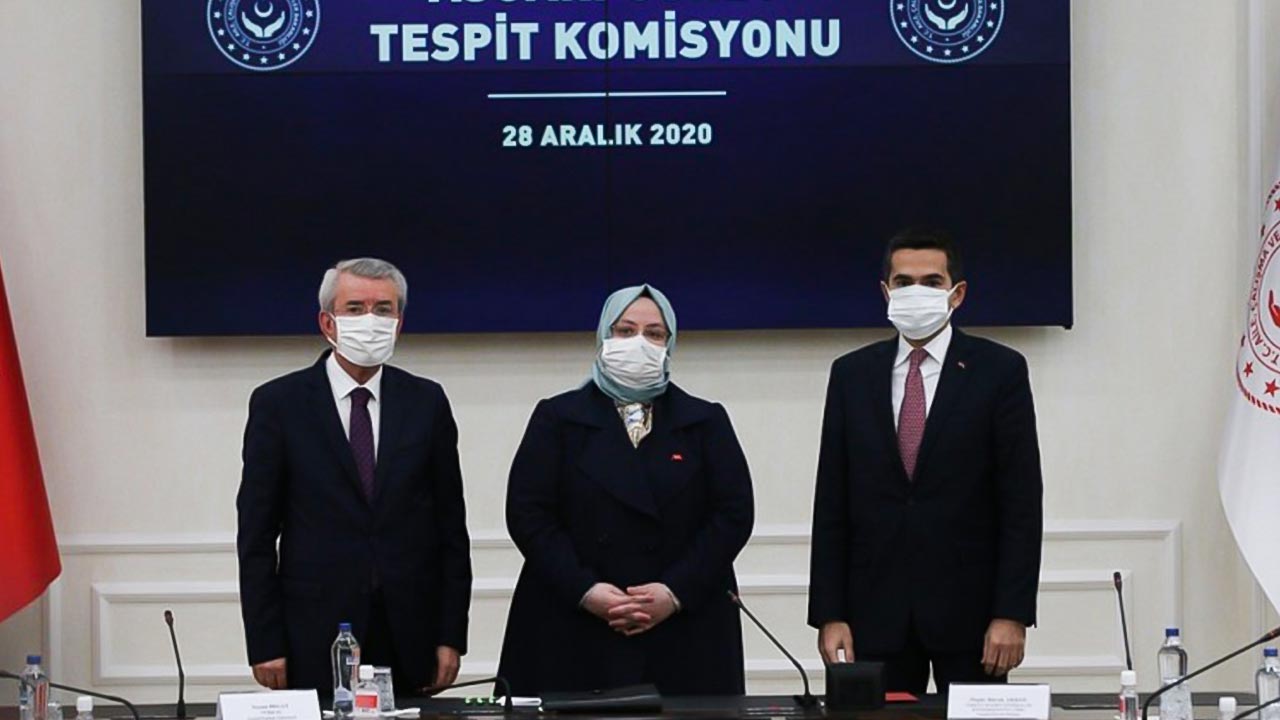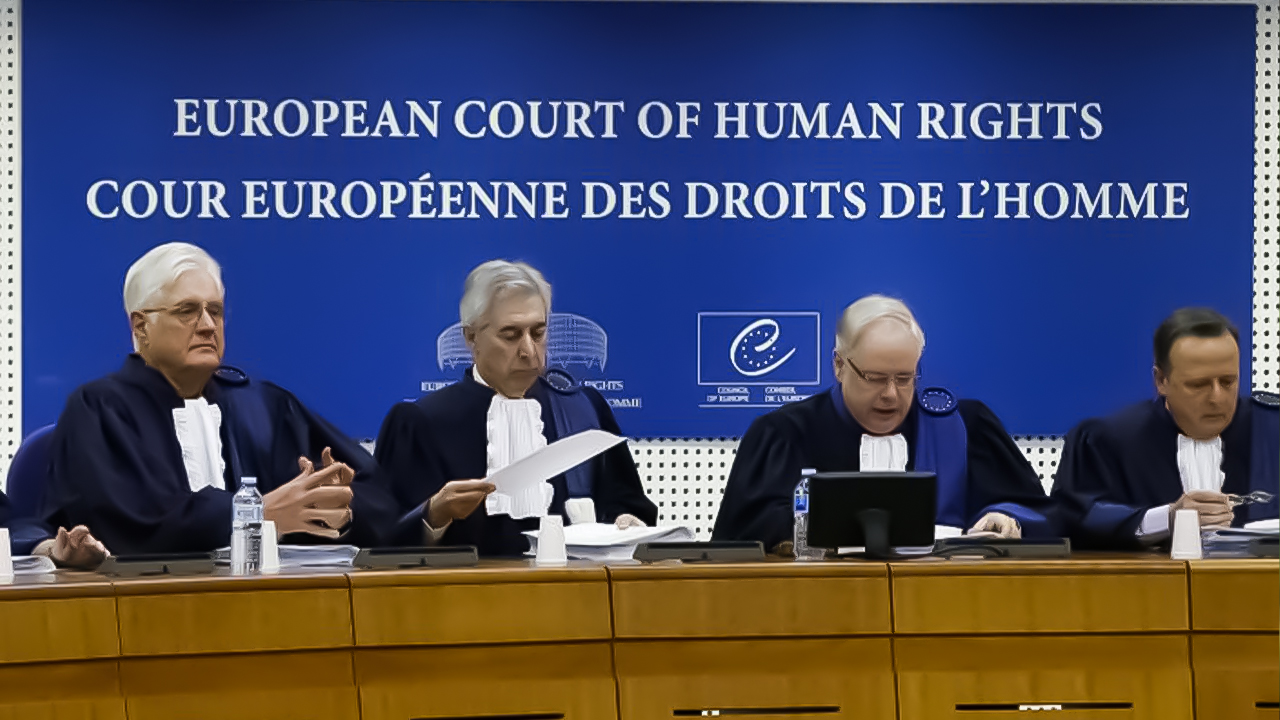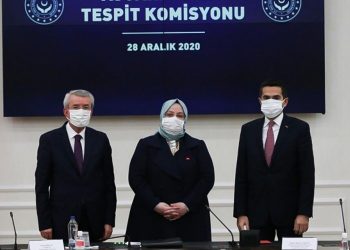by Nilüfer Koç
In 1999, the last year of his third and final term as Prime Minister of Turkey, Mesut Yılmaz declared: “Turkey’s road to the European Union (EU) goes through Diyarbakır (Amed)”. Diyarbakır (Amed) is the Kurdish majority metropolis in southeastern Turkey that is the centre of Kurdish politics in Turkey and all of Kurdistan. Yılmaz made this statement months before Turkey was recognised as a candidate for full European Union (EU) membership on 12 December 1999 at the Helsinki summit of the European Council. Over two decades later, this statement remains valid, and, due in no small part to the anti-democratic policies of Turkey’s current authoritarian leader, President Recep Tayyip Erdoğan, the country is no closer to EU membership.
Although several EU representatives and heads of member EU states had threatened Erdoğan with sanctions before the EU Council summit on 10-11 December, nothing serious was seen in the summit’s final resolution. Over the past year, EU institutions and the European Parliament have been forced to address Turkey several times because of Turkish intervention in Cyprus and the areas of the Mediterranean Sea outside of Turkey’s recognized maritime borders. While the EU was compelled to respond to these explicit threats to its member states (i.e., Cyprus and Greece), Europe remained practically silent on the Kurdish question and, thus, avoided addressing the foundation of Turkey’s anti-democratic policies and the Turkish state’s fascism and strategies of military expansionism and occupation and the systematic violation of the international law within and outside of Turkey’s borders.
As long as the EU refrains from seriously addressing the Kurdish question, Erdoğan will continue disregarding statements and empty threats emanating from Europe. Indeed, criticism aside, through a dedicated policy of inaction, the EU has implicitly given its blessing to Erdoğan to pursue an aggressive policy of military expansion and occupation throughout Kurdish land and beyond, reaching deep into North Africa and the Caucasus to build a military presence, spread radicalism, and foment conflict.
Since the onset of the Arab Spring, many of the states in the Middle East and North Africa, former territories of the Ottoman Empire, have been in deep crisis. In particular, Turkey’s neighbouring states of Syria and Iraq have been politically and militarily weak and unstable. Erdoğan has seen this as an opportunity for Turkish expansionism into the northern parts of both states, which are Kurdish majority areas. His aim, one which he does not seek to hide, is the occupation of Kurdish areas in Syria and Iraq. This goes hand in hand with his primary domestic goal – to centralise the legislative, executive and judicial powers of Turkey, concentrating these powers in his hands, and solidifying his unchecked grip on power. He is firmly focussed on 2023, the centennial of the establishment of the modern Republic of Turkey, and seeks to retain power and “make Turkey great again” – reliving the glories of the Ottoman Empire by expanding Turkey beyond its present borders, drawn in Lausanne in 1923, and building the new Turkish sultanate which includes former territories of this once expansive empire.
It bears repeating that, while Erdogan’s expansionist strategy extends beyond the states sharing borders with Turkey and into North Africa, the Caucasus, and the Mediterranean Sea, the Kurdish areas in Syria and Iraq are his primary focus. The Kurdish people are now well known for their effective resistance to the so-called Islamic State (ISIS) terrorist group, but nonetheless they remain stateless and lack in substantial legal and political recognition, allowing Erdoğan to commit crimes of military aggression and occupation against them with impunity.
International law only works among the states and between the states, putting the Kurdish people at a severe disadvantage. Nonetheless, Turkey has consistently underestimated the ability of the Kurdish people to mobilise and organise politically and defend themselves throughout their homeland. Led by the Kurdistan Workers’ Party (PKK), Kurdish resistance movements are now undeniably a major political actor in Middle East, though the EU continues to ignore them, preferring to respect the so-called “sensitivities” of Erdoğan and the Turkish state.
The Turkish state has continuously focussed the full might of its large, modern military against the Kurds since 2014, and is now utilising one of the world’s largest fleets of military drones in this relentless campaign, which is being executed within the framework of the so-called “Destruction Plan” (Çöktürme Planı). Nonetheless, these efforts have not been able to prevent the Kurds from playing a major role in the politics of the Middle East. This “Destruction Plan”, dating back to September 2014, was presented by the state’s Strategy Branch of the General Staff Strategy Planning Department, prepared by the Undersecretariat of Public Order and Security, and given to the General Staff Command under Erdoğan, outlining a strategy of annihilation against the Kurds in Turkey and in neighbouring Syria and Iraq.

This plan was formulated immediately after the world witnessed the sustained, and ultimately victorious, resistance of the People’s Protection Units (YPG)/Women’s Protection Units (YPJ) in Kobane and the PKK fighters in the Yazidi (Ezidi) region of Sinjar, Iraq over ISIS in August 2014. The fierce resistance of the Kurdish forces against the well-armed, Turkish-backed ISIS who had conquered large parts of Syria and Iraq raised awareness of the Kurdish people and led to an outpouring of sympathy for the Kurds worldwide. As the Kurds stopped ISIS from advancing, the US-led Global Coalition to Defeat ISIS, who were struggling to find a dependable partner on the ground, were forced to cooperate with the Kurds.
To silence and weaken the Kurds, Erdoğan and the Turkish state implemented the Destruction Plan, much like Turkey’s founder, Atatürk, did in 1925 with the so-called Eastern Reform Plan (Şark İslahat Planı) after Kurds started a rebellion for international political and legal recognition of self-determination. The Eastern Reform Plan (referring to the eastern, Kurdish majority areas of Turkey) was a response to the Kurdish uprising for self-determination led by Sheikh Said in 1925. Like the Destruction Plan of 2014, the Eastern Reform Plan stressed, in the first article of the 27-article plan, that a state of martial law should be implemented in Kurdish provinces after rebellions, and should remain in place until the plan’s objectives have been fulfilled. Other measures included in this infamous plan were a ban on languages other than Turkish and the displacement and resettlement of Kurdish people.
Today, the world knows that the Kurds in North and East Syria/Rojava took the initiative and implemented a solution for democratizing Syria beginning in 2012 by exercising their right to self-determination within the existing borders of the state and building a system of grass roots democracy which gave a voice to all of the diverse peoples of the region after decades of dictatorship. Decades earlier, the Kurds gained regional autonomy for the Kurdistan Region of Iraq (KRI) with the support of the international community, and this region was later officially recognised within federal Iraq. Now is the time for Europe to take constructive steps to assist and recognise the existence and rights of the Kurds of Turkey, after decades of legitimising the Turkish state’s relentless war against them by repeating the Turkish state’s lies concerning the Kurdish people and joining the Turkish state in labelling the Kurdish struggle for liberation as a ‘security’ issue, rather than acknowledging it as a natural and just response to persecution and a demand for basic rights.
Today, we can see that Turkey, a heavily militarised state led by an uncompromising, expansionist authoritarian dictator, is a major threat to regional and global security. Turkey openly seeks to change existing borders through campaigns of invasion and occupation of neighbouring states. After establishing zones of occupation in Syria, Turkey has not only expanded its presence in Syria to include Afrin, Serekaniye, and Gire Spi (Tel Abyad), but also recruited and trained jihadist mercenaries in Syria and exported them for use as proxy fighters in faraway wars in Libya and Azerbaijan.
If the EU wants to address the Turkish state’s policies of aggression, it should take concrete steps to support a democratic Kurdish solution to the Kurdish question. Politically, this would mean supporting the Peoples’ Democratic Party (HDP) in Turkey and protesting against the ongoing waves of detentions of HDP politicians and activists. The EU has a very real opportunity to effect change in Turkey, as Turkey has been tied to Europe since World War II as a member of the Council of Europe (CoE), the Organization for Security and Co-operation in Europe (OSCE), and NATO, and has been in an important customs union with the EU since 1995.
For European, Middle Eastern and global security and peace, urgent action must be taken to stop Erdoğan’s regime. The EU will not be able to stop Erdoğan unless it really acts as a union, and this means not falling for Erdoğan’s divide and rule tactics. Outside the EU, Erdoğan uses this tactic on various fronts. In Kurdistan, Erdoğan engages the Kurdistan Democratic Party (KDP) in Iraq as a partner when convenient, and uses the KDP to discredit the PKK, the strongest force in Kurdistan and inspiration for many other important Kurdish groups in the region. Erdoğan courts the Vatican whilst provoking hatred against Christian peoples such as Armenians and Assyrians in the Middle East and elsewhere. Similarly, he maintains economic ties with Israel whilst fuelling anti-Semitism in Turkey and throughout the region. He attacks European states for Islamophobia whilst using Islam as a cover for his own imperial ambitions throughout the Middle East. Within Europe, he attacks France whilst praising Germany, uses his military to provoke Greece and Cyprus whilst increasing trade with Italy and Spain, and insults the Netherlands and Austria whilst building relations with Hungary’s openly anti-Muslim leader.
Unfortunately, Erdoğan’s divide and rule approach to the EU is working, preventing the EU from acting in accordance with its principles during this critical time and taking meaningful action against Erdoğan and the threat he poses to Turkey’s citizens, the Middle East, Europe, and global security. This is the conclusion that we must draw from the outcome of the meeting of the European Council on 10-11 December. Turkey’s road to the EU still goes through Diyarbakır (Amed), and any path to democratization for Turkey inevitably goes through Kurdistan. Continued silence on Turkey and the Kurdish question not only harms the Kurdish people, but also has serious consequences for the EU and the international community. With each passing day, these consequences become more severe.
Nilüfer Koç is the International Relations Spokesperson for the Kurdistan National Congress (KNK).

















